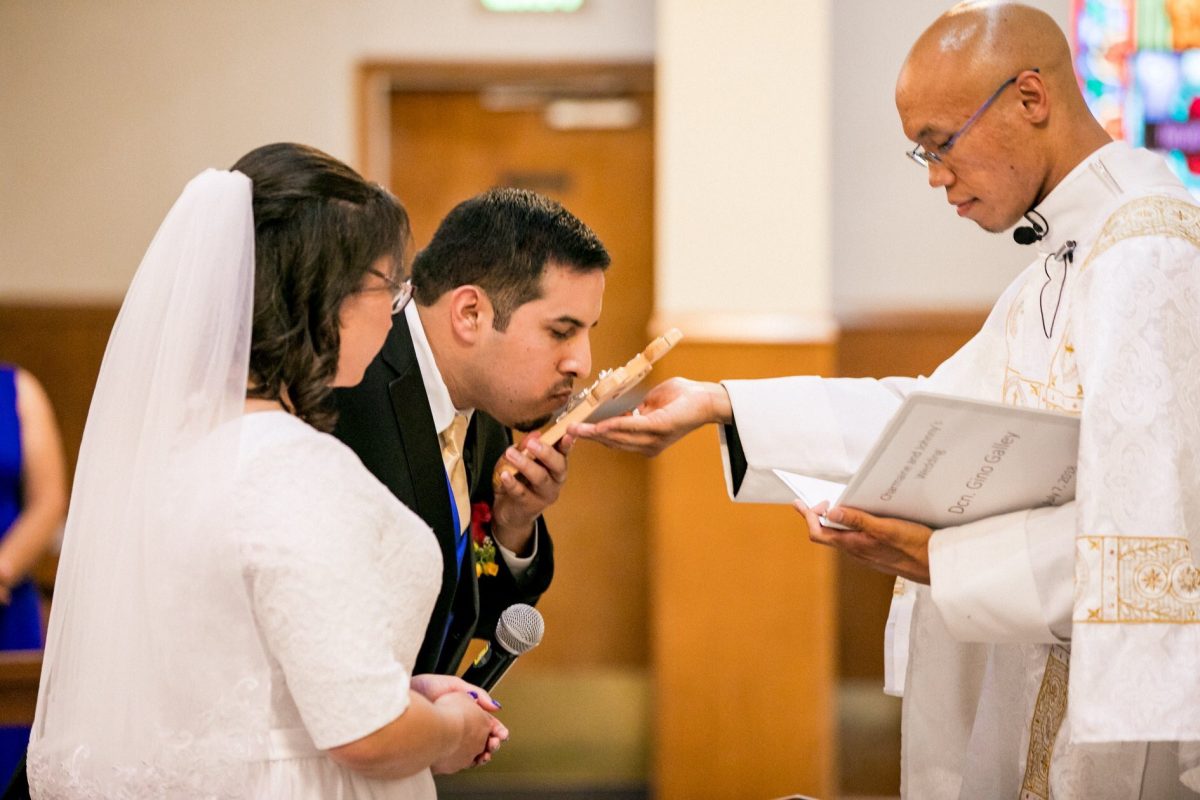Rev José Mario O Mandía
jmom.honlam.org
Freedom is sacred and inviolable because it is an image of God’s freedom, which is sacred and inviolable. This is why God would not allow anything – neither angels nor devils, not even He Himself – to violate that freedom.
From what we have seen in the previous essay, we can define freedom as the ability to make conscious and intelligent choices.
As we have also seen, freedom makes us owners of our actions. And because we are owners, we are responsible for them. An analogy makes it easy to understand what this means.
Let us say I own a car. And let us say I join a car race and the car wins the race. Who gets the merit and the trophy? I do.
Now let us say I am driving the same car down some city street and, because of recklessness, I hit a pedestrian. Who gets the blame? Who gets punished? I do.
By freedom one brings either praise or blame, merit or reproach on oneself (cf CCC 1732).
God wants us to act freely because only when we do can we claim a prize for our actions. A person cannot be forced to earn heaven, and neither can he be forced to be condemned to hell.
FREEDOM IS EXERCISED IN COMMITMENT
God wants us to act freely, and acting freely implies choosing among several options. By committing ourselves to one of the options available to us, we restrict ourselves to go in a certain direction in life.
“But … doesn’t that mean I lose my freedom?” one might ask.
The answer is no, we don’t lose it. By choosing, we actualize our freedom.
Life is a journey and in any journey, one encounters crossroads where choices have to be made. Once we stop making choices, we get stuck in one place. We stagnate. Only when we decide can we move on.
St John Paul II used to provide counseling to many young people, but after listening and speaking with them, he would tell them, “You must decide.” To use our freedom is to take charge of our life.
Fr G McGinnity explains: “When Michelangelo chipped the block of marble, a possibility died with every chip, but bit by bit the Pietà was born. If he had not chipped at the marble block it would have lain to the end of time, full of possibilities but empty of fulfillment. A good choice means growth, but it also means narrowing. To grow into one possibility, I must die to others. Unlike the marble block, it is I myself who must freely choose to die to all but one, or my freedom for all possibilities will become a trap for all my freedom. So long as I try to hold out several possibilities none becomes a reality” (G McGinnity, Christmen: Experience of Priesthood Today, 63).
Pope Francis has pointed out on several occasions that one of the spiritual maladies of our time is the dread of making commitments. “Today’s culture seems to encourage people not to bond with anything or anyone, not to trust” (Pope Francis, Meeting with Bishops, 27 September 2015).
Already in 2013, in one of his Masses in the Casa Santa Marta, the Holy Father deplored the “culture of the temporary.” He said that we are “in love with the provisional” and dislike Jesus’ “definitive proposals.”
Some young people, thinking about the priesthood, think this way: “I will follow the Lord up to this point, and then I will see…”
The same attitude applies to marriage. No one wants to commit to one person, but wants to be able to “experiment” with others. In the World Meeting of Families in Philadelphia in 2015, the Pope noted that young people today are marrying at a lower rate than in the past.
He said that marriage is a revolt against this culture of the temporary. This is why he threw this challenge during World Youth Day in 2013: “I ask you, instead, to be revolutionaries, to swim against the tide; yes, I am asking you to rebel against this culture that sees everything as temporary and that ultimately believes that you are incapable of responsibility, that you are incapable of true love.”
(Image: Croatian wedding tradition features the crucifix which the couple keep in a prominent place in their home. Photo from Catholic Joe at Twitter)


 Follow
Follow


